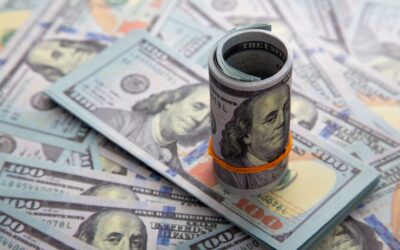When looking at the combination of economic challenges this year, we can all agree that there were not many voices who saw them coming. An unusually high rate of inflation, Russia’s invasion of Ukraine, a deteriorating global economy, and a bear stock market have been the focus of news reporters for quite some time now. However, there is one significant development that remains overlooked by the mainstream media and, in some ways, underestimated by investors.
The Chinese real estate market.
Jim Chanos, a famed short-seller and founder of Kynikos Associates, who is particularly well-known for his long history of betting against the world’s second-largest economy, claimed that it is a significant story with far-reaching ramifications. According to him, it is worth paying closer attention to how it develops, especially at a time when the state of the world’s markets is in a very precarious position.
China has recently experienced an unprecedented decline in home sales since it allowed private property transactions in the late 1990’s. This current crisis appears to have been caused by a number of factors.
As developers have been struggling to complete housing projects on schedule, hundreds of thousands of homebuyers have been refusing to pay their mortgages for pre-sold properties. The pandemic has made things worse, and the government’s zero-Covid policy is continuing to hurt the economy. This led to real estate prices plunging and authorities seeking to take under control the unsustainable debt and market speculation.
Last week, in order to ease builders’ worries about private financing, authorities slashed five-year mortgage rates and one-year prime rates.
Due to the fact that property makes up around 30% of China’s GDP (while total investment is roughly in the region of 45%), it spells potential trouble not only domestically, but may have negative consequences for the world economy at large. According to the World Economic Forum, the global GDP decreases by 0.3% for every percentage point that China’s GDP declines.
China’s second-largest property developer, Evergrande, has come under scrutiny for its financial dealings as it defaulted on dollar-denominated bonds last year, making it a symbol of the country’s real estate bubble. Separate data released by the statistics office last month indicated that property sales fell in August for the thirteenth straight month, which did little to improve the sentiment.
Following a 45.4% decline in July, new building starts as measured by floor area, fell 45.7% year over year, the most in almost a decade. The problems faced by developers have only worsened when the Chinese yuan fell below 7 per dollar.
It has to be noted that the majority of the country’s dollar bonds are issued by Chinese real estate companies, and a weaker yuan would make it more expensive for them to refinance their debt.
According to Chanos, Chinese apartment prices are most important assets in the world after Treasury bonds. And with the government being unable the bring the current situation under control, makes it a major issue to be concerned with. A housing bailout could be a viable solution that investors have been hoping for, however, there are no signs of that happening yet, at least in the foreseeable future.





0 Comments